Postgraduate research projects are complex, often multidisciplinary efforts that require detailed planning and organization. Just when you think there is plenty of time left for your work, it can quickly get away from you. Here are the best practices for tracking and reporting your research project to ensure success.
How to track research success
You must first define your research goals and consider factors influencing and limiting the project. While it’s easy to be overly optimistic, aim for realistic, measurable, and specific goals. Deadlines should be a mix of internal (self-imposed) and external (final submission dates or conferences) time frames.
Next, communicate these goals and deadlines to collaborators, supervisors, and administrators to keep everyone up to date. With the timeline in place, look to monitor progress continuously.
For large-scale or complex projects, avoid manual monitoring with calendar or to-do list apps. These tools do not have the functionality to track research projects and are time-consuming to update. Ultimately, you waste time that could be better spent on research work. Instead, use more advanced solutions specially developed for research projects.
Technology not only can help you and your team stay on top of the timeline but also enable you to assign tasks more efficiently and send notifications alerting collaborators of impending deadlines.
As you track your research project, be aware of the metadata. How long are tasks taking? Which tasks are taking longer? These metrics are crucial in tracking project success, allowing you to identify bottlenecks and delays. Specialized tracking tools often integrate this functionality into their design and can provide reports assessing how well you meet goals and deadlines.
Simplify reporting tasks
Research today is overloaded with a mountain of information, so avoid adding to the clutter with multiple emails, especially with deadlines looming. Although communication is important, overcommunication can get in the way and lead to confusion.
Everyone involved in the project must manage their time appropriately while focusing on high-priority tasks. Simplifying reporting will help to reduce the administrative burden and save time.
The best approach is to have a system for alerting collaborators, supervisors, and administrators before upcoming events, such as reports, documents, or submissions. These alerts will enable stakeholders to schedule their time accordingly. Plan only 75% of your time, allowing key elements to be managed first while leaving time to fill the gap at the end with administrative and reporting tasks.
Utilizing a cloud-based application that can sync across multiple devices ensures research teams have a single platform for communicating about the project. These types of applications not only keep research projects organized but also make it easier to track progress and maintain accountability.
Digital tracking solutions are designed to detail every entry and upload. Supervisors and administrators can make the most of these tools by using them to gain insight into the progress of multiple projects across the organization.

Modernize with technology
While technology can make all the difference when tracking and reporting research success, you don’t want to download every management solution. Look for specialized software such as Cayuse’s Graduate Education Manager. With this modern, centralized platform, you have the power of extensive reporting on every aspect of a research program at your fingertips. Its functionality includes:
- Easy access for researchers and supervisors
- Simple integration with student record systems
- Comprehensive record-keeping and reporting
- Real-time management information on easy-to-understand dashboards
- Analytical reports showing trends over time
- Universal ability to export, filter, and sort reports
Tracking and reporting research success requires systematically monitoring your project’s progress and outcomes while effectively communicating these achievements to stakeholders. By following these best practices and leveraging technology, research organizations can showcase the value of their work and contribute to their reputation and impact in the research community.


